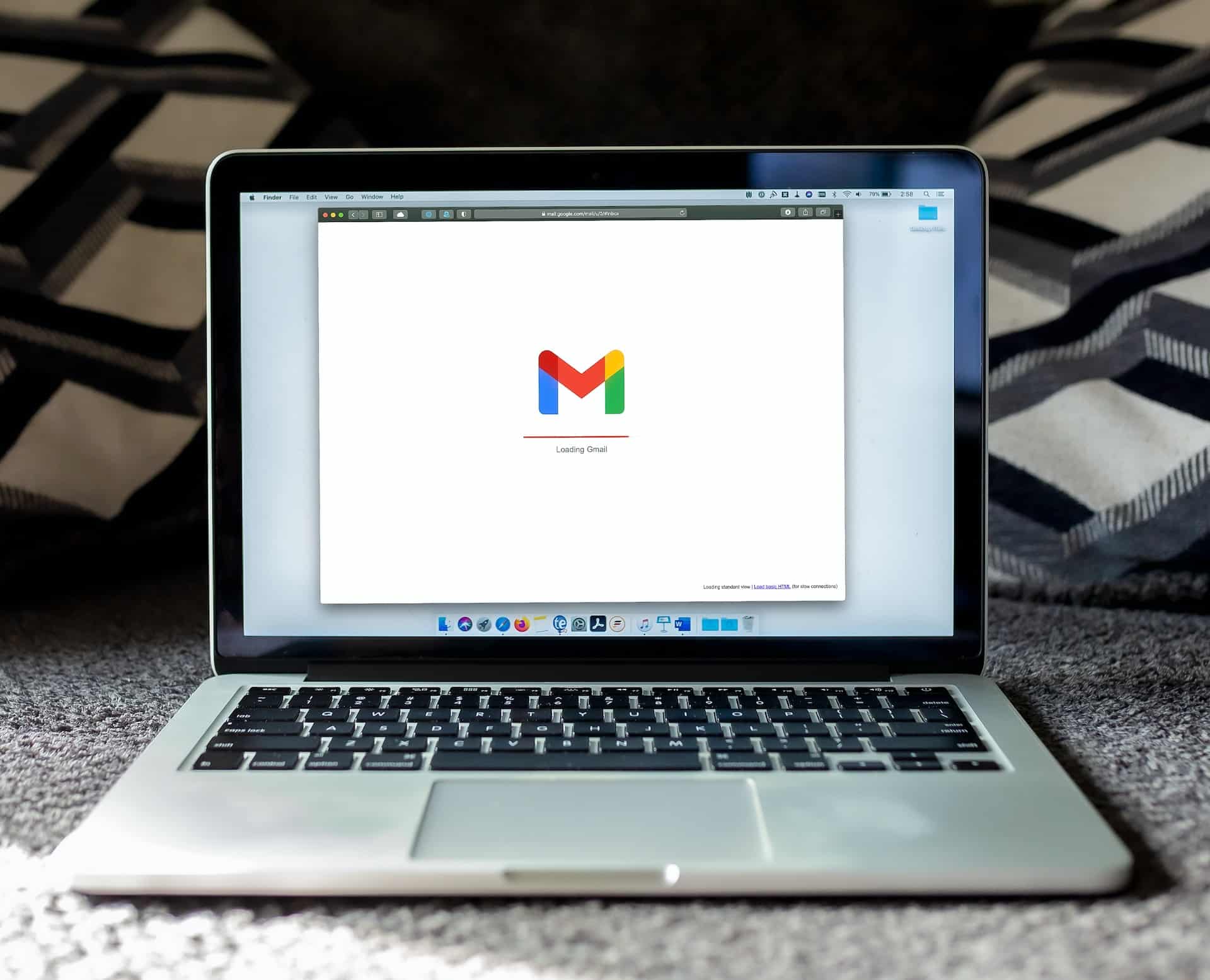One of the key drivers of success in the SaaS industry is effective content marketing. With the abundance of information available online, businesses need to distinguish themselves from competitors and position their SaaS solutions as the best choice for potential customers. Content marketing plays a crucial role in achieving this by creating and sharing valuable, relevant, and informative content that not only engages the target audience but also establishes the business as a thought leader in the industry.
By leveraging content marketing strategies, SaaS companies can build brand awareness, generate leads, and ultimately drive conversions. When executed properly, content marketing helps businesses showcase their expertise, educate their target audience, address pain points, and highlight the unique features and benefits of their SaaS offerings.
This not only helps to attract potential customers but also nurtures and builds trust with existing ones. In a highly competitive SaaS landscape, where customer acquisition costs can be high, effective content marketing can be a cost-effective way to reach and engage a larger audience, increase brand loyalty, and ultimately drive business growth.
Let’s jump to the effective framework on how to develop a scaleable content marketing strategy for your Saas business!
Identify Target Audience and Develop Buyer Personas

One of the fundamental steps in creating an effective Saas content marketing strategy is identifying your target audience and developing buyer personas. This process involves conducting thorough market research and gaining a deep understanding of your ideal customer. By determining who your target audience is, you can tailor your content to resonate with their specific needs, pain points, and preferences.
To begin, start by analyzing your existing customer base to identify common characteristics and patterns. Look for similarities in demographics, industries, job titles, and pain points.
Additionally, conduct market research to uncover trends and insights about your target audience’s behavior, challenges, and motivations. This information will serve as the foundation for developing accurate and comprehensive buyer personas.
A buyer persona is a semi-fictional representation of your ideal customer, encompassing their demographics, goals, challenges, preferences, and purchase behavior.
By creating detailed buyer personas, you can better understand your target audience and craft content that appeals directly to their needs and interests.
Craft Engaging and Relevant Content

In the competitive landscape of SaaS marketing, crafting compelling and relevant content is key to engaging users and driving success. It is essential to understand the needs and pain points of your target audience in order to create content that resonates with them.
Through thorough research and analysis, you can identify the topics and themes that are most relevant to your audience and align your content accordingly.
Once you have a clear understanding of your audience’s preferences, it is important to focus on creating content that is not only compelling but also speaks directly to their needs.
One effective strategy is to address common challenges and provide valuable insights and solutions. By positioning your brand as a trusted resource, you can build credibility and establish a strong connection with your audience.
Furthermore, incorporating storytelling techniques can help create an emotional connection, making your content more relatable and engaging.
Whether it’s through case studies, customer success stories, or thought-provoking narratives, compelling content has the power to captivate and inspire SaaS users.
Leverage SEO Strategies to Boost Saas Content

In today’s digital landscape, having a strong online presence is crucial for the success of any SaaS company. Leveraging SEO strategies can play a significant role in boosting the visibility of your SaaS content and driving organic traffic to your website.
By implementing effective SEO techniques, you can ensure that your content ranks higher in search engine results, making it more discoverable to potential users and customers.
One important aspect of SEO is keyword research. By identifying relevant keywords and phrases that are commonly used by your target audience, you can optimize your content to match their search queries. This involves incorporating these keywords strategically in your titles, headings, and throughout the body of your content.
Additionally, creating high-quality and informative content that provides value to your audience can help establish your authority and credibility in the industry, further enhancing your organic search rankings.
In addition to keyword optimization, optimizing your website’s technical aspects is also crucial for SEO success. This includes ensuring that your website is mobile-friendly and has fast loading speeds. Search engines prioritize user experience, so having a website that is accessible and user-friendly on different devices can significantly improve your search rankings.
Furthermore, optimizing your meta tags, URLs, and incorporating internal linking can enhance the discoverability of your content and improve the overall user experience.
Overall, leveraging SEO strategies is a fundamental component of boosting the visibility of your SaaS content and attracting organic traffic. By conducting thorough keyword research, creating high-quality content, and optimizing your website’s technical aspects, you can enhance your online visibility, attract the right audience, and ultimately drive conversions for your SaaS business.
Create a Content Calendar and Establish a Consistent Publishing Schedule

When it comes to Saas content marketing, creating a content calendar and establishing a consistent publishing schedule is crucial for success. A content calendar helps you plan and organize your content creation efforts, ensuring that you have a well-rounded and consistent stream of content for your target audience.
By mapping out your content in advance, you can ensure that you cover a variety of topics that are relevant to your audience and align with your overall marketing goals.
In addition to planning your content, establishing a consistent publishing schedule is essential. Consistency helps build trust and credibility with your audience, as they come to expect and rely on your content at specific intervals.
It also allows you to maintain a steady flow of content, which is important for staying top-of-mind and engaging your target audience regularly. By adhering to a publishing schedule, you can also better allocate your resources and ensure that you have the time and resources necessary to produce high-quality content consistently.
Utilize Social Media Channels to Amplify Saas Content Reach

In today’s digital age, social media has become an essential tool for businesses to connect with their target audience. As a SaaS company, leveraging social media channels can significantly amplify your content reach and engagement.
Platforms like Facebook, Twitter, Instagram, and LinkedIn provide opportunities to showcase your products, share valuable insights, and engage in meaningful conversations with potential customers.
To effectively utilize social media for SaaS content marketing, it is crucial to develop a well-defined strategy.
Start by identifying the platforms where your target audience is most active. Conduct market research to understand their preferences, behavior, and content consumption patterns. This will enable you to tailor your content specifically to their needs and interests, increasing the likelihood of engagement and conversion.
Additionally, incorporating visuals, such as infographics, videos, and images, can make your content more appealing and shareable, further boosting your reach on social media platforms.
Implement Email Marketing Campaigns to Nurture Saas Leads

Email marketing is an essential tool for nurturing SaaS leads and driving conversions. By implementing strategic email campaigns, companies can effectively engage with potential customers and build relationships that lead to increased conversions.
The key to successful email marketing for SaaS lies in delivering personalized and relevant content to subscribers. This means understanding the specific needs and pain points of your target audience and crafting emails that address those concerns.
By segmenting your email list based on factors such as industry, role, or previous interactions, you can tailor your messaging to each subscriber’s unique needs.
Additionally, incorporating dynamic content and personalized recommendations based on user behavior can further enhance the effectiveness of your email campaigns.
With the right email marketing strategies in place, SaaS companies can nurture leads, build trust, and ultimately drive conversions.
Incorporate Video and Visual Content to Enhance Saas Content Marketing Efforts
Video and visual content have become essential tools in enhancing content marketing efforts for Saas businesses. These forms of media not only capture users’ attention but also provide a dynamic and engaging way to communicate complex concepts or features of Saas products.
Incorporating videos allows Saas companies to showcase their products in action, demonstrating how they can solve users’ problems and improve their workflows. With the ability to visually demonstrate the benefits and features of their products, Saas companies can effectively educate and engage their target audience, ultimately driving conversions and customer retention.
Visual content, such as infographics and images, can also play a significant role in enhancing content marketing for Saas. Infographics provide a visually appealing and concise way to present data or information, making complex concepts easier to understand.
By utilizing images that resonate with their target audience, Saas companies can evoke emotions and create a lasting impression. Visual content can be used across various marketing channels, including social media, blog posts, and email campaigns, to amplify the impact of Saas content marketing efforts and increase brand awareness.
Measure and Analyze Saas Content Marketing Performance

To effectively measure and analyze the performance of your SaaS content marketing efforts, it is essential to identify and track key metrics and leverage analytics tools. These metrics provide valuable insights into the effectiveness of your content and help you make data-driven decisions to optimize your strategy.
One crucial metric to consider is content engagement. This includes measuring metrics such as page views, time on page, and click-through rates. By analyzing these metrics, you can gain an understanding of how your audience is interacting with your content, identify the most engaging pieces, and make informed decisions on what types of content resonate best with your target audience.
Another important metric is lead generation. By setting up conversion tracking, you can measure the number of leads generated through your content marketing efforts. This enables you to assess the effectiveness of your content in driving conversions and optimize your strategy accordingly. Additionally, analyzing the quality of leads generated can help you determine the success of your content in attracting and nurturing high-value prospects.
In addition to these metrics, it is essential to analyze the performance of your content in terms of search engine optimization (SEO). Monitoring metrics such as organic traffic, keyword rankings, and backlinks can provide insights into how well your content is ranking in search engine results. This information can guide your content creation and optimization efforts, ensuring that your content is visible to your target audience and driving organic traffic to your SaaS platform.
By regularly measuring and analyzing these key metrics, you can gain a deeper understanding of the effectiveness of your SaaS content marketing strategy. This data-driven approach will enable you to make informed decisions, optimize your content, and continuously improve your overall performance.
Optimize Saas Content Marketing Strategy Based on Data-Driven Insights
To optimize SaaS content marketing strategy based on data-driven insights and continuous improvement, it is crucial to analyze the performance of the existing content.
By tracking key metrics and analytics, such as website traffic, conversion rates, and engagement levels, marketers can gain valuable insights into what is working and what needs improvement. This data-driven approach enables them to make informed decisions about content creation, distribution channels, and targeting strategies.
Furthermore, it is important to continuously monitor and evaluate the effectiveness of the content marketing strategy. This involves regularly reviewing performance metrics, analyzing audience feedback, and keeping abreast of industry trends and competitors.
By constantly assessing the strategy’s impact and making necessary adjustments, marketers can ensure that their content remains relevant, engaging, and effective in reaching and converting the target audience. This iterative process allows for ongoing improvement and optimization of the SaaS content marketing strategy, leading to greater success and ROI.
Frequently Asked Questions About Saas Content Marketing
Here is a summary of this article based on the questions that most Saas business newcomers often ask themselves:
What is the role of content marketing in driving Saas success?
Content marketing plays a crucial role in driving Saas success by attracting and engaging potential customers, building brand awareness, establishing thought leadership, and nurturing leads throughout the buyer’s journey.
How can I identify my target audience for Saas content marketing?
To identify your target audience, conduct market research, analyze your existing customer base, and create buyer personas based on demographic, psychographic, and behavioral factors.
How can I craft compelling and relevant content to engage Saas users?
Understand your target audience’s pain points, needs, and preferences. Create informative, educational, and valuable content that addresses their challenges, offers solutions, and showcases the benefits of your Saas product.
What SEO strategies can I leverage to boost Saas content visibility and organic traffic?
Optimize your Saas content for relevant keywords, create high-quality backlinks, optimize meta tags and descriptions, improve website loading speed, and regularly update and repurpose your content to improve search engine rankings.
How can I establish a consistent publishing schedule for Saas content marketing?
Create a content calendar that outlines topics, formats, and publication dates. Determine a realistic publishing frequency and stick to it. Plan ahead, repurpose content when possible, and engage in strategic content promotion.
How can I utilize social media channels to amplify Saas content reach and engagement?
Identify the social media platforms where your target audience is most active. Create engaging and shareable content, leverage relevant hashtags, engage with your audience through comments and messages, and utilize social media advertising and influencer partnerships.
How can email marketing campaigns help nurture Saas leads and drive conversions?
Use email marketing to deliver personalized content, provide valuable resources, highlight product updates and promotions, and nurture leads through targeted email sequences. Utilize automation, segmentation, and A/B testing to optimize campaign performance.
How can incorporating video and visual content enhance Saas content marketing efforts?
Videos and visual content can help explain complex concepts, showcase product features, and engage users on a more emotional level. Use explainer videos, tutorials, infographics, and visually appealing images to enhance the effectiveness of your Saas content.
How can I measure and analyze Saas content marketing performance through key metrics and analytics?
Track metrics such as website traffic, engagement rates, conversion rates, bounce rates, time on page, and lead generation. Utilize tools like Google Analytics and marketing automation platforms to gain insights into user behavior and adjust your content marketing strategy accordingly.
How can I optimize my Saas content marketing strategy based on data-driven insights and continuous improvement?
Regularly analyze and interpret your content marketing data to identify patterns, areas for improvement, and successful strategies. Use A/B testing, gather customer feedback, stay updated on industry trends, and adapt your strategy accordingly to maximize effectiveness and ROI.
Wrapping Up
Content marketing for Saas is one of the most effective marketing channels for one reason – it can be 100% organic. With ads, when you stop paying for their placements, your leads will have 0% visibility on your brand.
On the other hand, with content marketing machine set in place – your leads will land to your business for years to come; because you’ve chosen a battle of continuously improving your content. Once your content hits the right angles and starts generating traffic, you don’t need to invest any more money in ads to get the customers to your digital doorstep.
Of course, content marketing is an iterable process that also costs money, but the things it can do to establish your brand make it really hard to ignore.
So – what are you waiting for? Start building a content strategy for your Saas business to reap the benefits, or reach out to us if you want us to develop a scaleable content strategy for you!
Whatever path you chose – it is a win-win for you!

